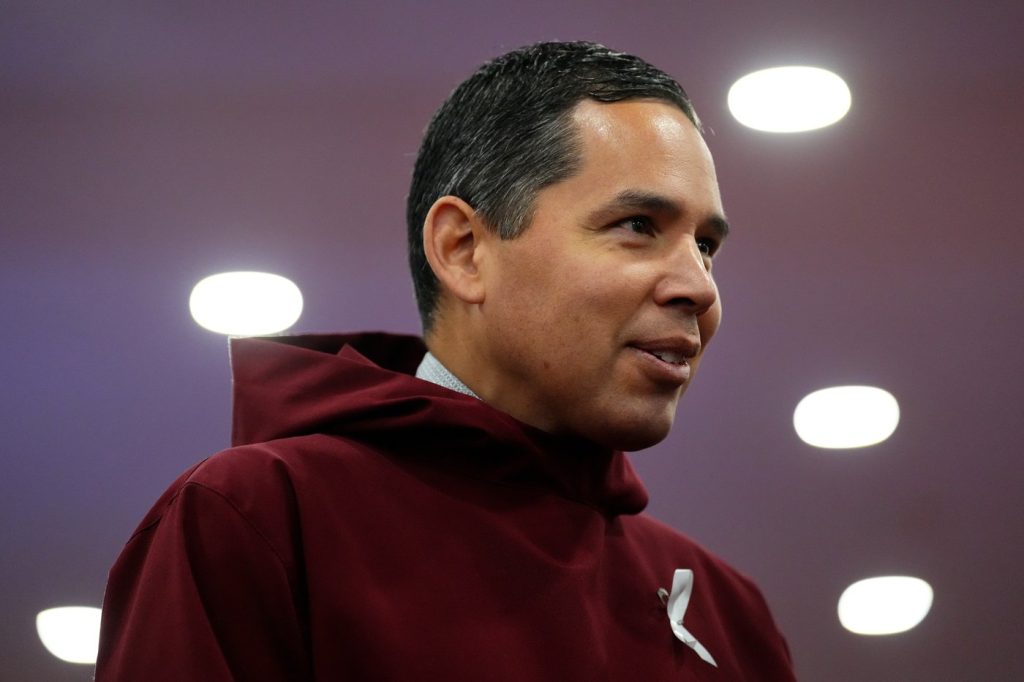OTTAWA – The president of Inuit Tapiriit Kanatami (ITK), Natan Obed, has expressed deep concerns regarding Canada’s commitment to reconciliation with Indigenous Peoples, particularly in light of the proposed Bill C-5. He criticized the federal government for professing its dedication to this reconciliation while proceeding with legislation that appears to disregard Indigenous rights. The bill, aimed at expediting approvals for certain major industrial projects—such as mines, pipelines, and ports—has faced significant backlash from Indigenous leaders and communities across the country due to inadequate consultation and a rushed timeline for its passage.
During a Senate session on Monday, Obed pointed out the dissonance between Canada's public stance on Indigenous rights and its legislative actions. He characterized this inconsistency as not merely a product of ignorance but a deliberate choice that signals which rights are prioritized and which are marginalized. “We see Canada positioning itself as a champion for the rights of Indigenous Peoples, but acting very differently through its legislation and through its practice,” he remarked.
Alongside Obed, Assembly of First Nations National Chief Cindy Woodhouse Nepinak and Manitoba Métis Federation President David Chartrand also voiced their objections in the Senate chamber. They asserted that their rights have not been adequately addressed in the new legislation. While all three leaders recognize the importance of bolstering the Canadian economy, they underscored that the rights of Indigenous communities should not be compromised in the process.
Obed further argued that the legislation fails to meet Canada's obligations to respect Indigenous rights, potentially leading to increased litigation and instability surrounding national interest projects. He warned that this could undermine investor confidence in Canada. His sentiments reflect the urgency for more substantial engagement with Indigenous groups regarding their concerns over the bill. Both Chartrand and Woodhouse Nepinak echoed this sentiment, calling for extended consultation periods to allow Indigenous voices to be heard.
Chartrand specifically mentioned his cautious support for the legislation, emphasizing the need for Canada to not underestimate external threats, notably from the United States under President Donald Trump. He asserted that Canada must remain resilient in face of economic pressures initiated by the U.S. administration. While supporting initiatives that can strengthen the economy, Chartrand expressed fears that Métis individuals might not reap the full benefits of the proposed projects and highlighted a lack of trust in Canada as a partner in this regard.
For trust to be rebuilt, Chartrand insisted that Prime Minister Mark Carney must engage in open dialogues with Indigenous leaders, providing clear guidelines on how their input will shape the decision-making process for major projects that the government seeks to fast-track. This proposed engagement stands as a crucial step toward addressing the broader concerns voiced by Indigenous communities.
Woodhouse Nepinak reiterated that, while seeking to shield itself from external pressures, introducing legislation that mirrors the contentious policies of the Trump administration could further exacerbate existing tensions. She stressed the importance of respectful dialogue and proper procedural adherence, advocating for a collaborative approach rather than one that imposes decisions without adequate consultation.
The conversation around Bill C-5 reflects broader themes of reconciliation and the urgent need for genuine partnership between the Canadian government and Indigenous Peoples. As discussions continue, stakeholders from both sides acknowledge that successful consultation is vital for ensuring that Indigenous rights are respected, and that the Canadian economy can thrive without sidelining the interests of its Indigenous communities.












